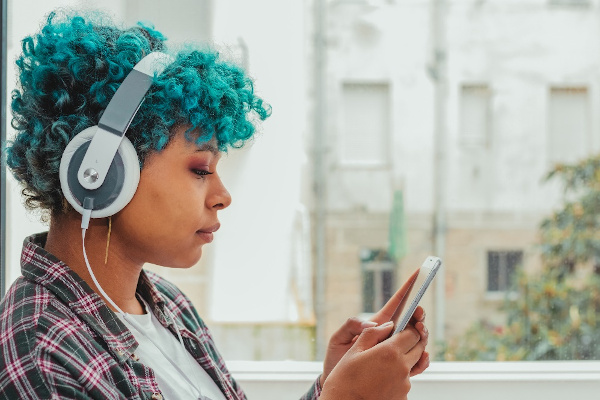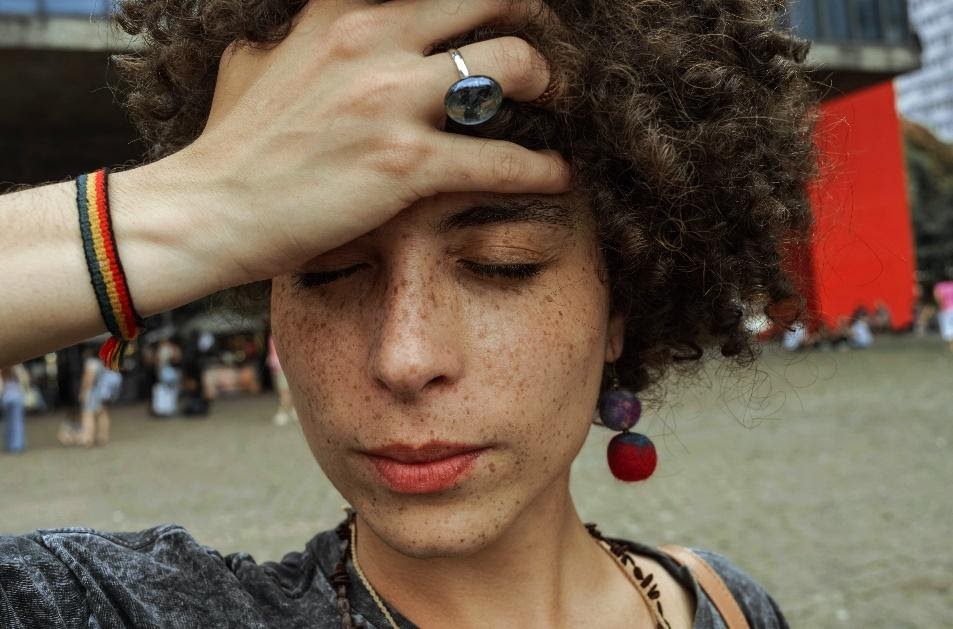People are social creatures who for the most part prefer companionship over isolation. The fear of losing such relationships and bonds, even online, can result in days of sadness and stress. On the contrary, these relationships can also support feelings of happiness, ease anxiety, boost self-confidence and provide a general sense of belonging. Then, how can the use of social media go awry?
Reel Life – Life Through the Screen
Social media platforms allow users to present themselves according to the liking of others. An online personal brand is how the world views you on the internet and creating a new online personality is an effortless task.
In the beginning of the social media era, it is fair to assume that our online behaviors did not reveal much about our real-world experiences. As social media has evolved and become a point of significance in our lives, we’ve eagerly surrendered anonymity. Indeed, our online exercises are not divisible from our real lives. It has become an essential part of it. Our online identity no longer reflects our true selves but rather the individual we think friends, family, and others would like to see.

Real-Life – Scenes that are Hidden Behind the Lens
Some people are so focused on their online personas, leaving behind their offline realities. The investment of time and money made in their “reel” lives leaves many depleted. Those who portray their real-life to be highly glamorous or even fulfilled are often exhausted unlike the depiction of their “reels.”
To that end, this is where social comparison comes into play. Contrasting someone’s online world with our disconnected one, leaves many believing they don’t have the goods. We often fail to remember that posts are simply the bright spots of anyone’s day, so we end up looking at the best of our acquaintance’s lives to the most noticeable imperfections of our own. We should be reminded that our cyber friends are possibly contrasting their battles with our bright spots as well.
All things being equal, it may be the way our posts perform on social media versus our assumptions for how they ought to. We pain over the number of preferences our posts receive, letting our online commitment characterize our self-esteem. The race for likes, comments, and heart reactions is what attracts us to social media. Unconsciously, at times we surrender our self-worth and unveil deep insecurities about different areas of our life space by seeking the validation of others. We realize we cannot be someone else, yet generally, the struggle is with not being a superior rendition of ourselves.
Logging Off
The impact of social media on mental health can be insidious. A more healthy way to use social media to avoid its negative impacts is to know when to log off or take a break. Our social media usage patterns should be joyous for us rather than being toxic and stressful. Set boundaries and limits for social media use; remove social media apps from your smartphone if needed; or perhaps designate a specific time of the day for social media interactions. Use social media wisely and responsibly and it starts with a responsibility first owed to oneself.




0 Comments